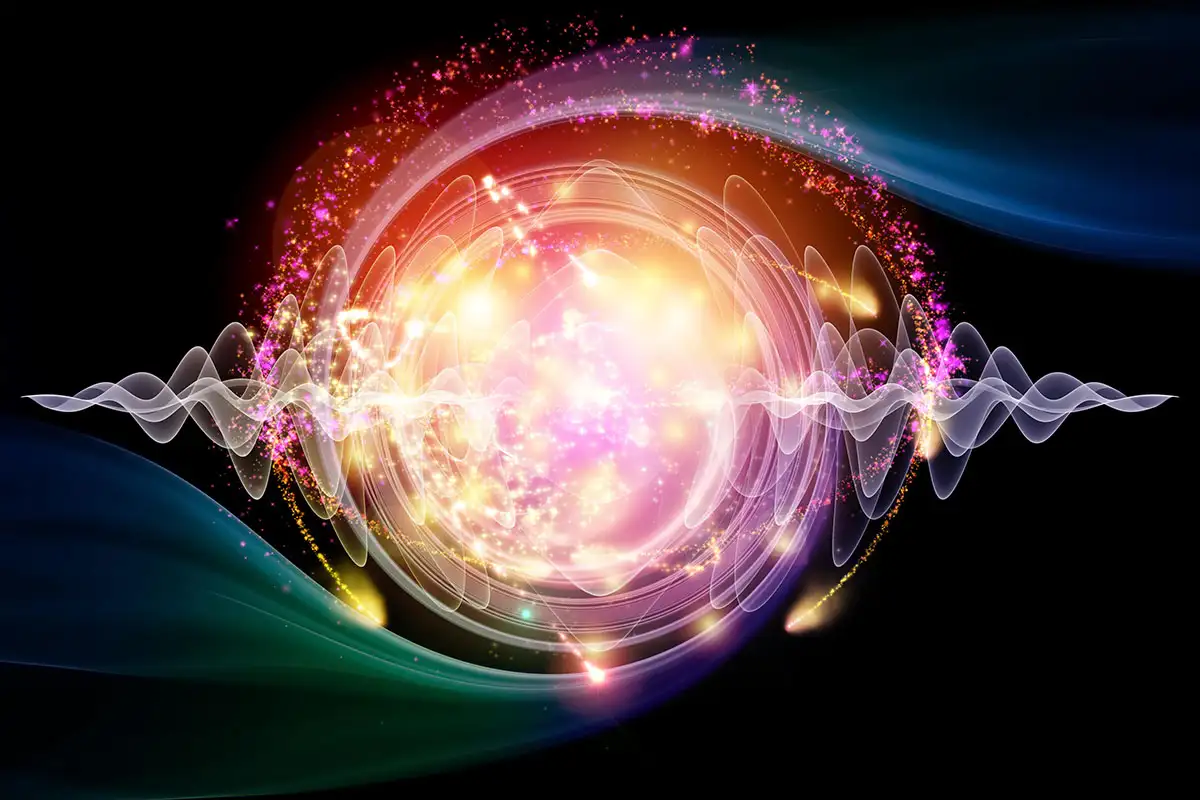Quantum physics, with its mysterious and often counterintuitive principles, has long fascinated scientists and the general public alike. Its revelations about the nature of reality have sparked interest not only in the scientific community but also among spiritual seekers. The intersection of spirituality and quantum physics offers a rich and thought-provoking exploration of how these seemingly disparate fields might converge to provide a deeper understanding of the universe and our place within it.
Understanding Quantum Physics
Key Principles of Quantum Mechanics
- Wave-Particle Duality: Particles, such as electrons and photons, exhibit both wave-like and particle-like properties, depending on how they are observed.
- Superposition: Quantum entities can exist in multiple states simultaneously until they are observed or measured.
- Entanglement: Particles can become entangled, meaning the state of one particle is instantaneously correlated with the state of another, regardless of the distance separating them.
- Uncertainty Principle: It is impossible to simultaneously know both the precise position and momentum of a particle.
Implications of Quantum Mechanics
Quantum mechanics challenges classical notions of reality, causality, and determinism. It suggests a universe where probabilities, rather than certainties, govern the behavior of particles. This paradigm shift has profound implications for our understanding of the nature of reality.
Spirituality and Quantum Physics
Common Themes
- Interconnectedness: Both quantum physics and spirituality emphasize the interconnectedness of all things. Quantum entanglement mirrors spiritual concepts of oneness and unity.
- The Role of the Observer: In quantum mechanics, the act of observation affects the state of a quantum system. Similarly, many spiritual traditions assert that consciousness plays a central role in shaping reality.
- Mystery and the Unknown: Both fields embrace the mystery of existence and the limitations of human understanding. Quantum physics reveals a reality that defies common sense, while spirituality often acknowledges the ineffable nature of the divine.
Quantum Consciousness
Some theorists propose that consciousness itself may be a quantum phenomenon. This idea suggests that the mind operates at a quantum level, potentially explaining the mysterious and non-local nature of thought and perception.
The Holographic Principle
The holographic principle, a concept in quantum physics, posits that all the information in our three-dimensional universe is encoded on a two-dimensional boundary. This idea resonates with certain spiritual teachings that describe the material world as an illusion or projection.
Ethical and Philosophical Implications
The Nature of Reality
Quantum physics challenges the traditional, materialistic view of reality. If reality is fundamentally probabilistic and observer-dependent, this has profound philosophical implications:
- Reality as a Construct: Reality may be more of a mental or perceptual construct than an objective, external entity.
- Role of Consciousness: Consciousness may play a fundamental role in shaping the fabric of reality.
Free Will and Determinism
The probabilistic nature of quantum mechanics suggests that determinism may not be a fundamental feature of the universe. This opens up new avenues for discussing free will and human agency within a quantum framework.
Ethics and Interconnectedness
The recognition of interconnectedness in both quantum physics and spirituality can inspire a more holistic and ethical approach to life. Understanding that our actions impact the broader web of existence can encourage compassion, empathy, and a sense of responsibility toward others and the environment.

Bridging the Gap
Integrative Approaches
Bridging the gap between quantum physics and spirituality requires an integrative approach that respects the methodologies and insights of both fields:
- Interdisciplinary Dialogue: Encouraging dialogue between scientists, philosophers, and spiritual leaders can foster a deeper understanding of the intersections and complementarities between these domains.
- Holistic Education: Incorporating teachings from both quantum physics and spirituality in educational curricula can provide a more rounded perspective on the nature of reality.
Personal Exploration
Individuals can explore the intersection of quantum physics and spirituality through personal study and practice:
- Meditation and Mindfulness: Practices such as meditation can help individuals experience the interconnectedness and unity described in both spiritual traditions and quantum theories.
- Scientific Literacy: Gaining a foundational understanding of quantum physics can enrich one’s spiritual journey and provide a scientific context for spiritual experiences.
Conclusion
The intersection of spirituality and quantum physics offers a fascinating and potentially transformative exploration of reality. By embracing the insights from both fields, we can develop a more nuanced and holistic understanding of the universe and our place within it. This integrative approach not only enriches our intellectual and spiritual lives but also encourages a more compassionate and ethical engagement with the world around us.









